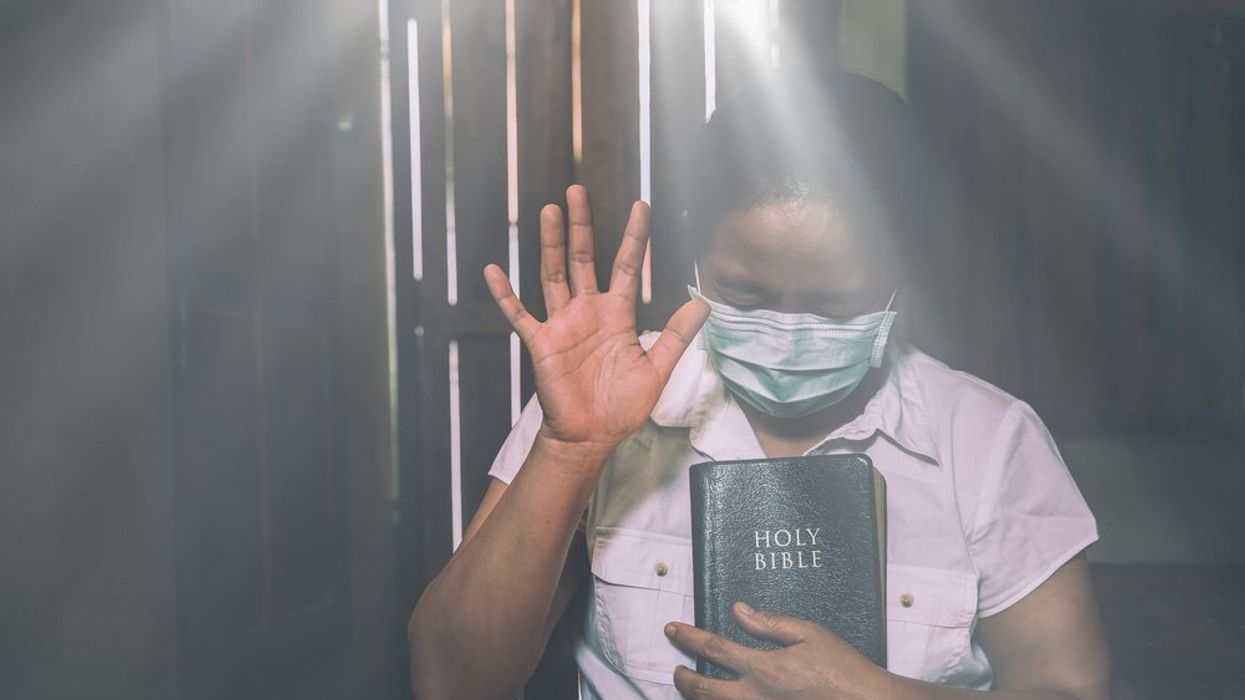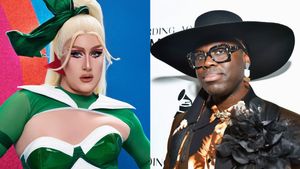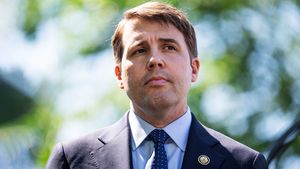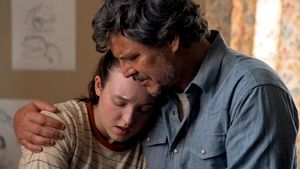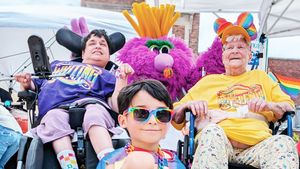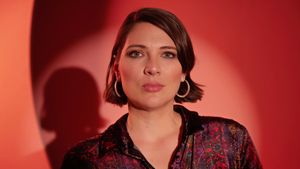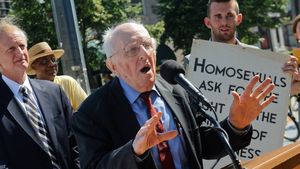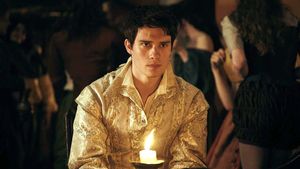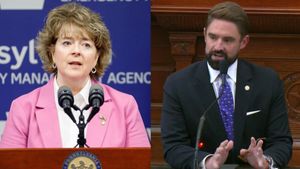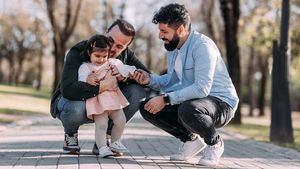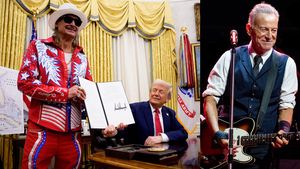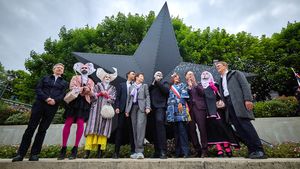Less than half of Americans are sure that God exists, for possibly the first time in United States history.
Often considered the gold-standard for data surrounding faith, a new General Social Survey found that just under half of Americans are certain in the existence of a higher power, specifically the Christian God. This is down from 2008, which found over 60 percent of Americans believe in God.
The report was released by the University of Chicago NORC, an organization that has been gathering data on religious faith since 1972. They found that 34 percent of Americans do not attend church -- the highest within the five decades of available data.
The numbers suggest that Americans are still spiritual. Nearly three-quarters believe in life after death, and only 7 percent said they definitively do not believe in God. However, it suggests a shift from Christianity, as the amount of those who claim no religion has risen to 29 percent of Americans in 2021, from 23 percent in 2018.
Another new report from the Public Religion Research Institute found that White Americans in particular were shifting their views, with Evangenlical Protestantism dropping from 23 percent to 14 percent since 2006, mainline Protestantism falling from 18 percent to 14 percent, and Catholicism dropping 16 percent to 13 percent among.
Some of the shift can be attributed to the Covid-19 and other political events that have impacted people, as the number of Americans who belonged to a church, synagogue, or mosque fell to below half of the population for the first documented time in United States history in 2020.
René Bautista, director of the GSS and associate director of Methodology & Quantitative Social Sciences at NORC, said that the data can help to better understand American attitudes, particularly in the face of social turmoil.
“The past three years were a period of great trial and change for the United States," she said in a statement. "Understanding how these times affected Americans’ thoughts, beliefs, and opinions is critical to understanding social change."
